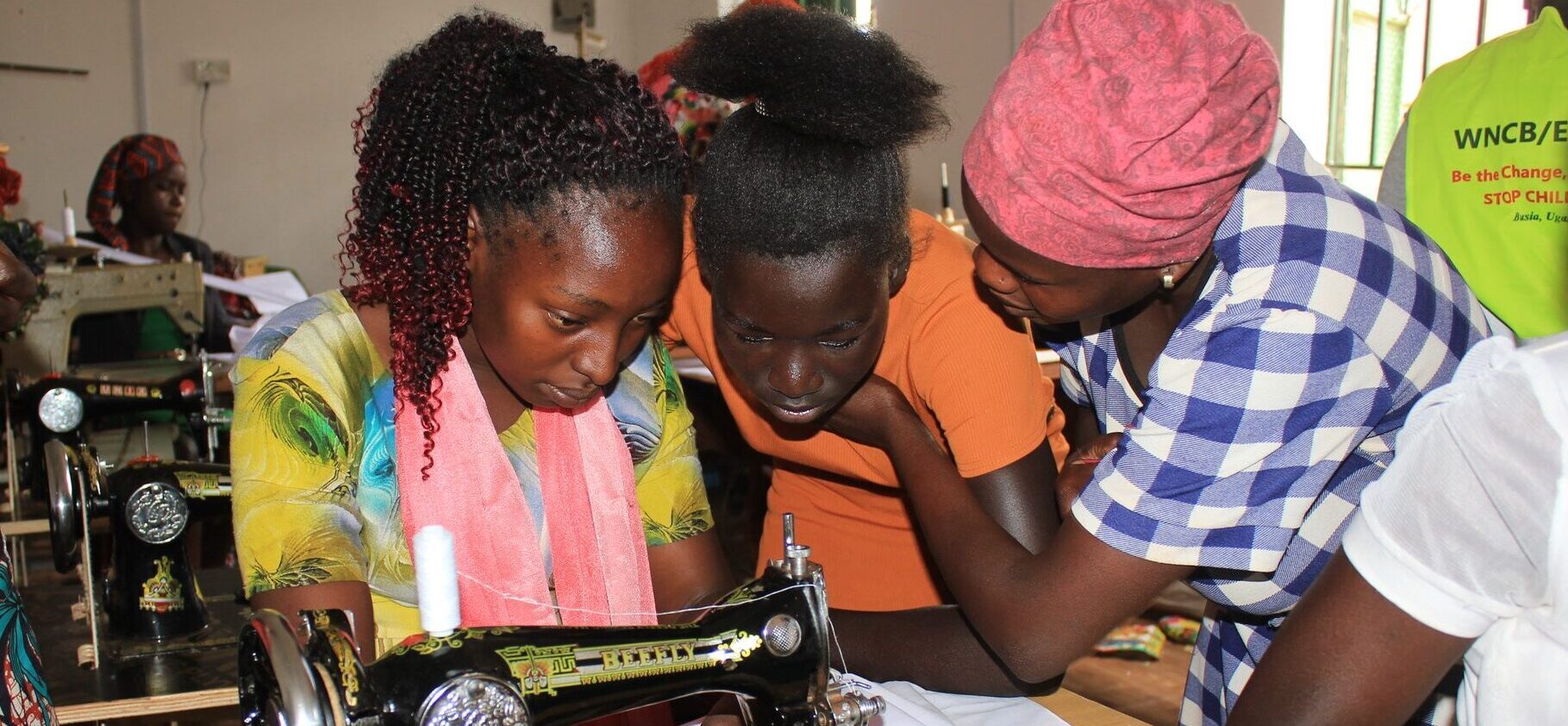Changes and results
Work with private sector
Through engagement with both formal and informal mining actors EWAD works towards realizing improved labour conditions in artisanal and small-scale gold mining (ASGM). In cooperation with local government officials, thirty-nine leaders of the ASGM business community members are trained in Children’s Rights and Business Principles (CRBP), Responsible Business Conduct (RBC) and Due Diligence. This led to improved wages, more safety at work and the incorporation of child labour policies. Various sensitization and capacity building workshops led to the formalization of five mining associations. The formalization has proven to be crucial in promoting CRBP, RBC and Due Diligence.

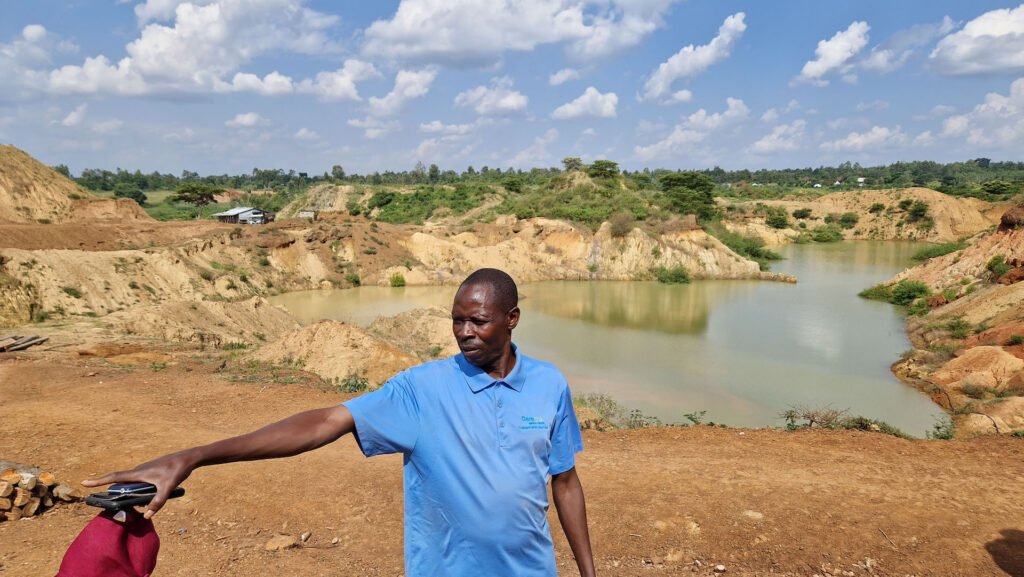
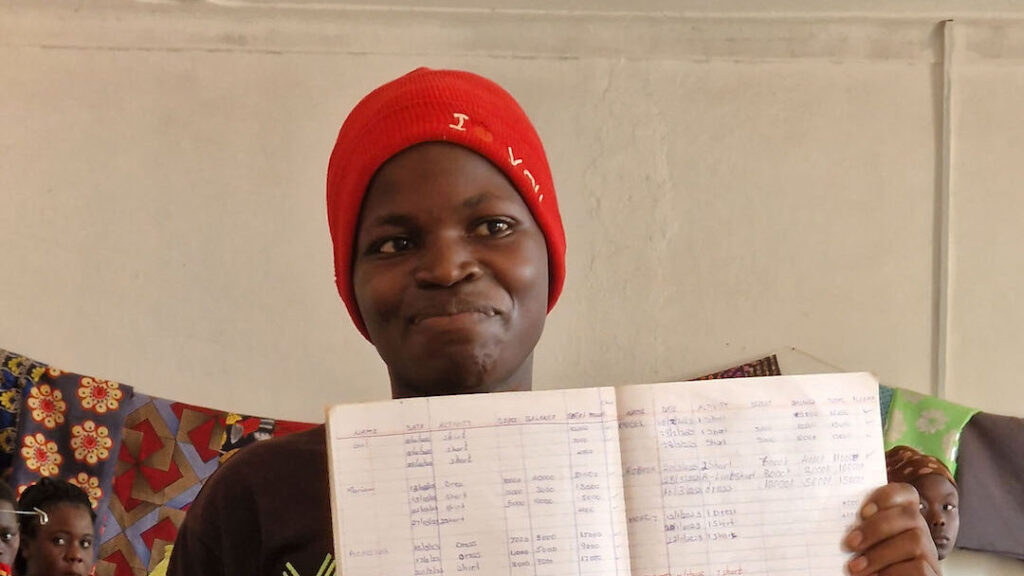
Lobby for improved legal and policy frameworks to prevent child labour
Through lobby efforts at regional and national level, the government decided to review the current Mining Act to give the district leaders some authority regarding allocating land to mining investors without displacing schools, and having substantive labour officers who are well-resourced.
In collaboration with the Ministry of Gender, Labour & Social Development, the national programme action plan on the reduction of child labour, school dropout and children on the streets was drafted. This plan has been presented to Cabinet to make a case for prioritising child labour and, subsequently, the allocation of more resources to the mining sector.
UNATU and EWAD, with support from the government education offices and other WNCB partners, have trained over 500 teachers in the areas of psychosocial support, gender, research, tracking and referral, using child-friendly teaching methods, which has contributed to increased enrolment and daily attendance. Through lobby and engagement with government we ensure that school monitoring and psychosocial support is well-enforced. This also led to effective enforcement of relevant laws and regulations required by schools to improve the learning environment and the quality of education.
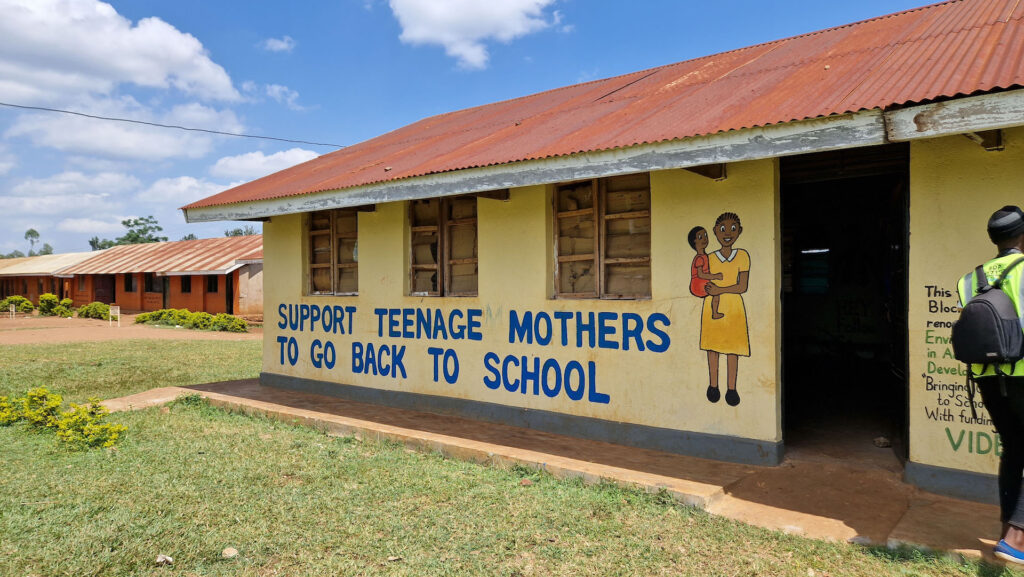
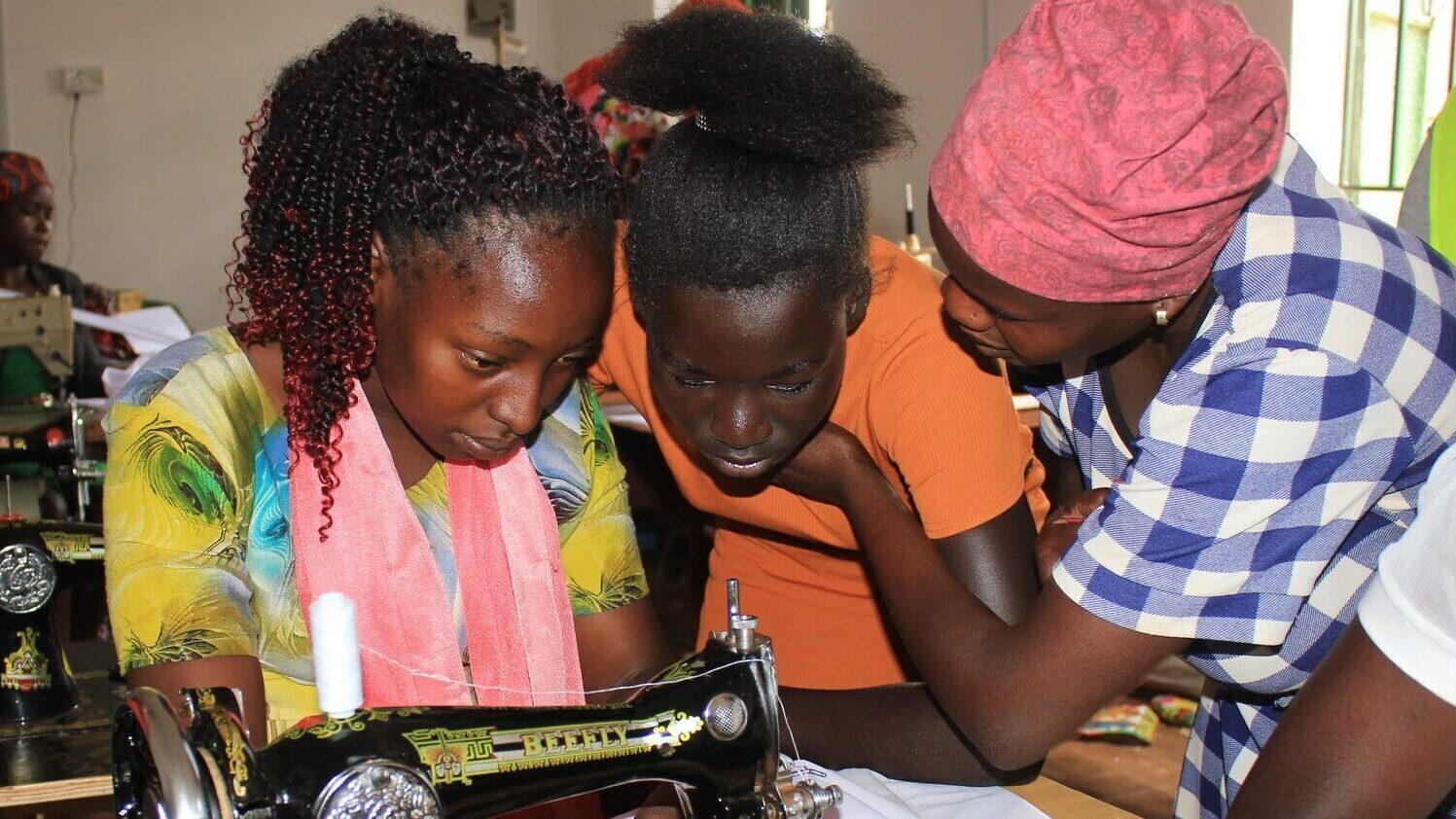
Buteba sub-county in Busia developed a by-law aimed at following up and giving penalties to parents whose school aged children are not going to school. EWAD influenced this development through trainings, workshops, and sensitization of government officials.
Community engagement
The engagement and work with the private sector and governments is strengthened through the work at community level. The holistic nature of the Child Labour Free Zone, which focusses on norm change, prevents children that stopped working moving to another sector of child labour.
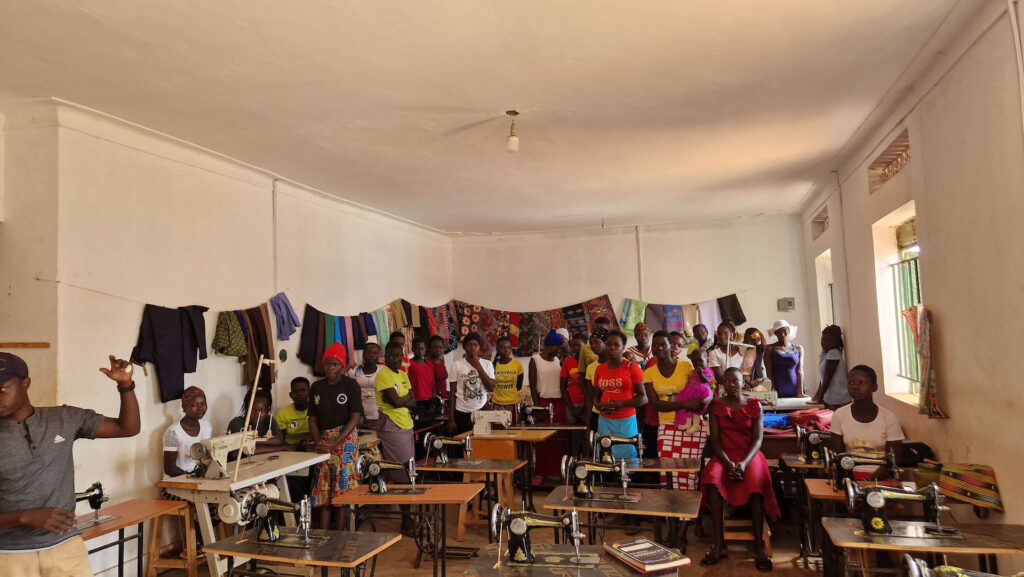
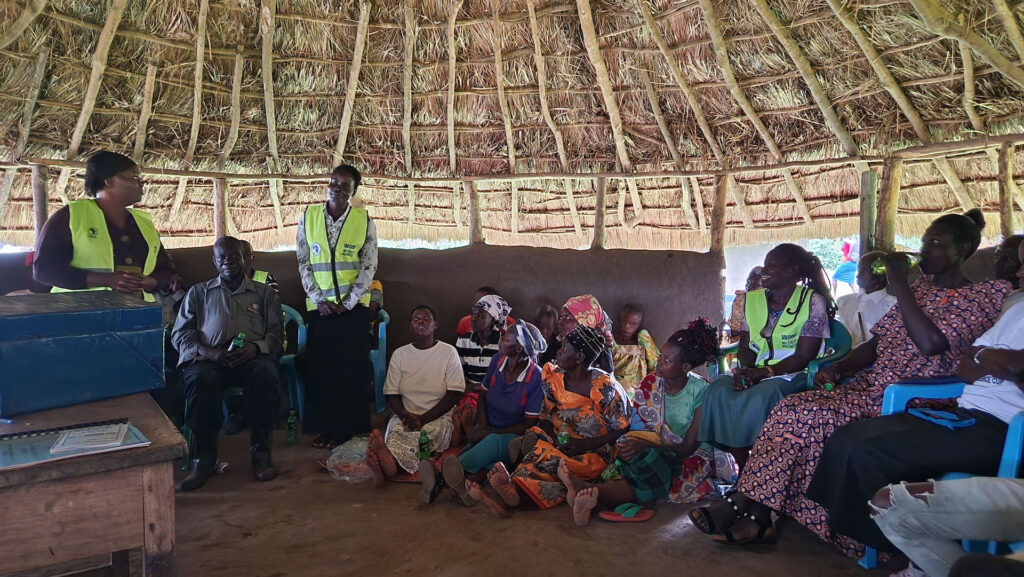
Income-Generating Activities for families
Through the formation of Village Savings and Loan Associations (VSLA’s) and community training centers – where members are trained in entrepreneurship skills, financial management, saving and business management – families gain capacity to borrow money and to start income-generating activities which makes them less dependent on the (informal) mining work. 35.4% of families in our implementation area are engaged in the VSLA’s and income-generating activities. This has led to reducing children dropping out of school and their involvement in child labour.
Life skills and vocational/entrepreneurial skills for youth
Over 183 out-of-school youth are equipped with vocational and entrepreneurial skills at different training centers and apprenticeships within the community. This led to improved access to youth employment at different places around the country, as well as youth teaming up in smaller groups to work together in different trades. In addition, EWAD established six Community Based Vocational Training Centers (CBTC) to include garment designing, hair dressing, catering, mechanics, carpentry and liquid detergent production with trainers from the community to ensure sustainability and address local market demand and supply.
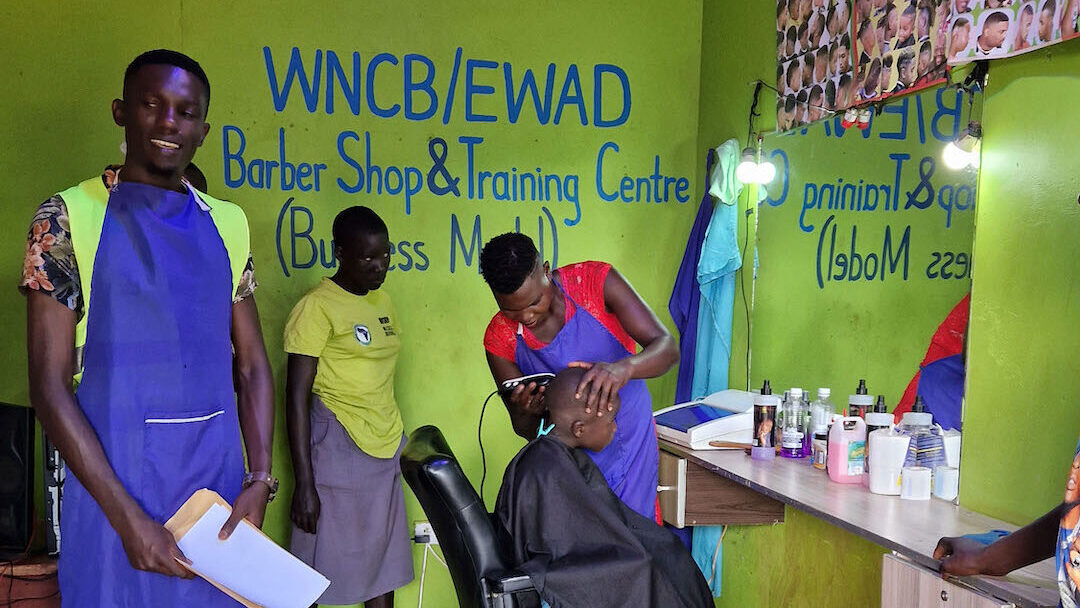

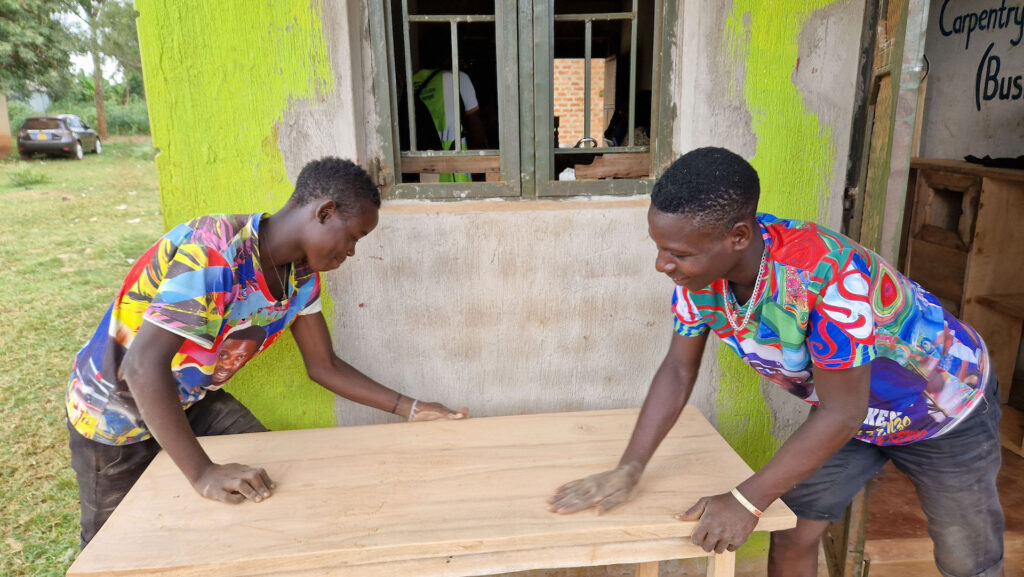
The CBTC in partnership with the Directorate of Industrial Training (DIT) are planning to award the trained youth with Vocational Training Certificates endorsed by the Government of Uganda. DIT is the Ugandan quality assurance directorate offering nationally, regionally and internationally recognized quality assurance for business, technical, vocational education and training.

